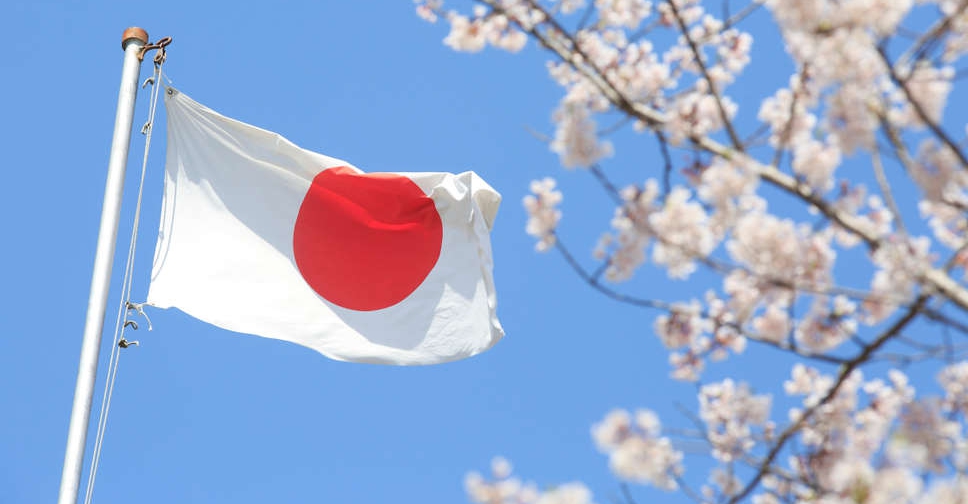
Japan pledged financial and technological support on Saturday to help ASEAN countries accelerate their efforts to decarbonise their economies and combat climate change.
Energy-poor Japan hopes to become the world's leading hydrogen economy to reduce dependence on traditional polluting fossil fuels such as coal and oil.
As the chair of the Group of Seven nations (G7) this year, Japan will hold a ministerial meeting on climate, energy and environment in Sapporo on April 15-16, ahead of the G7 summit in Hiroshima on May 19 to 21, to promote what it calls realistic energy transition.
"Japan will take a lead in providing generous support in finance, technology and personal resources to help Asia's decarbonisation," Industry Minister Yasutoshi Nishimura told the first ministerial meeting of the Asia Zero Emission Community (AZEC).
The AZEC was proposed by Japanese Prime Minister Fumio Kishida last year with the aim of sharing the philosophy of promoting decarbonisation in Asian nations and cooperating to push forward the energy transition.
At the meeting, attended by several ASEAN members and Australia, Nishimura said the push for collaboration will include renewable power, natural gas, hydrogen and ammonia, among other areas.
AZEC, in a joint statement, called for the group to financially support investments into decarbonisation infrastructure and the creation of clean energy supply chains.
Neither the statement nor Nishimura provided a potential amount of the spending.
"As many countries have expressed wishes for support from Japan, we would like to take a strong leadership in supporting them in technology, finance, including investment from the private sector, and human resource development," Nishimura told a briefing.
The AZEC members - Australia, Brunei, Cambodia, Indonesia, Japan, Laos, Malaysia, the Philippines, Singapore, Thailand and Vietnam - could consider creating a master plan for hydrogen and ammonia in Asia as a next step, he added.
As a first concrete step under the AZEC, Japanese companies, including Iwatani Corp 8088.T and Electric Power Development 9513.T, have agreed to jointly create Japan's first hydrogen supply chain between Australia's Victoria state and Kawasaki, an industrialised city near Tokyo, to advance energy transition toward a cleaner society, Nishimura said.
Japan will stress the importance of investment in gas, liquefied natural gas, as well as hydrogen and ammonia during its presidency of the G7 this year but would keep it clean to meet the 2050 carbon neutral goal, a source said this week.



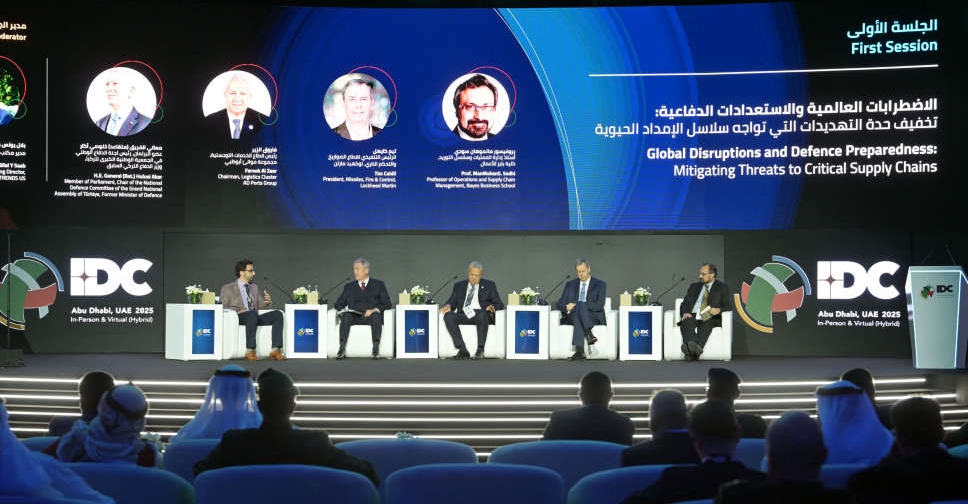 IDC 2025 discusses global disruptions, defence preparedness
IDC 2025 discusses global disruptions, defence preparedness
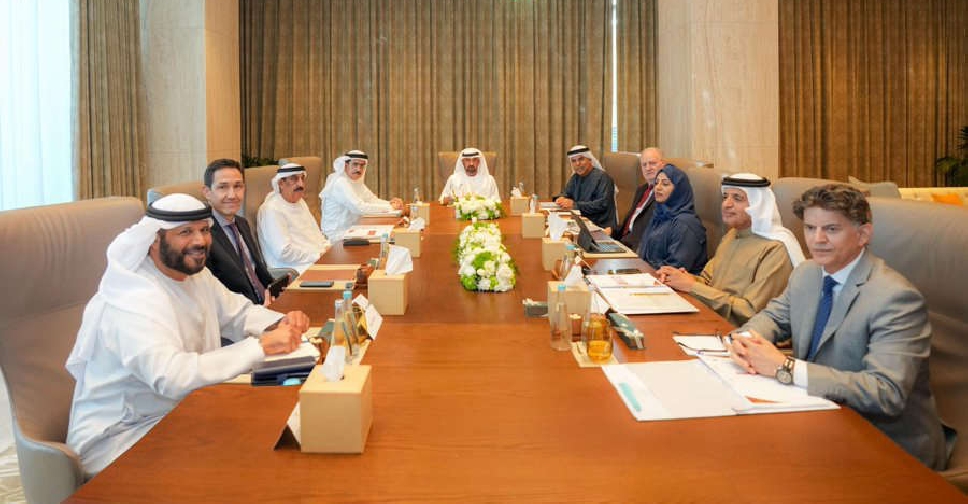 Dubai Energy Council reviews carbon emissions progress
Dubai Energy Council reviews carbon emissions progress
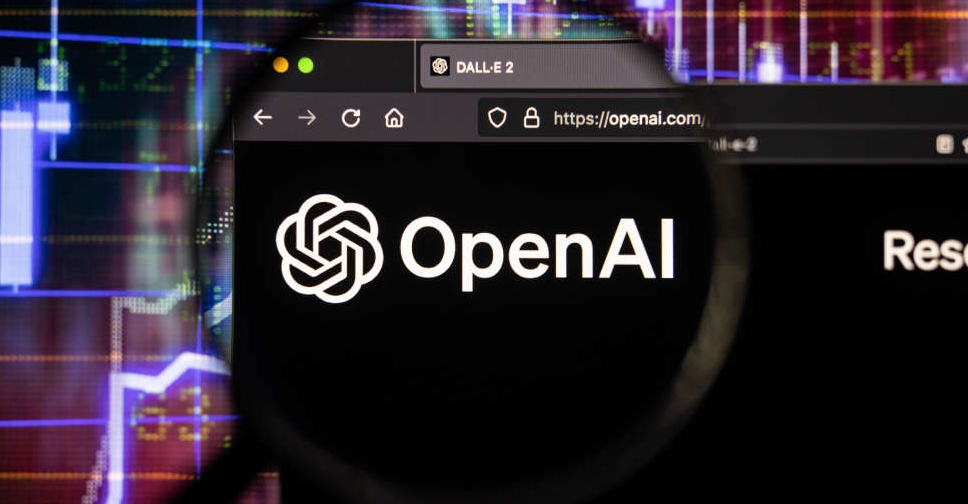 OpenAI board rejects Musk's $97.4 billion offer
OpenAI board rejects Musk's $97.4 billion offer
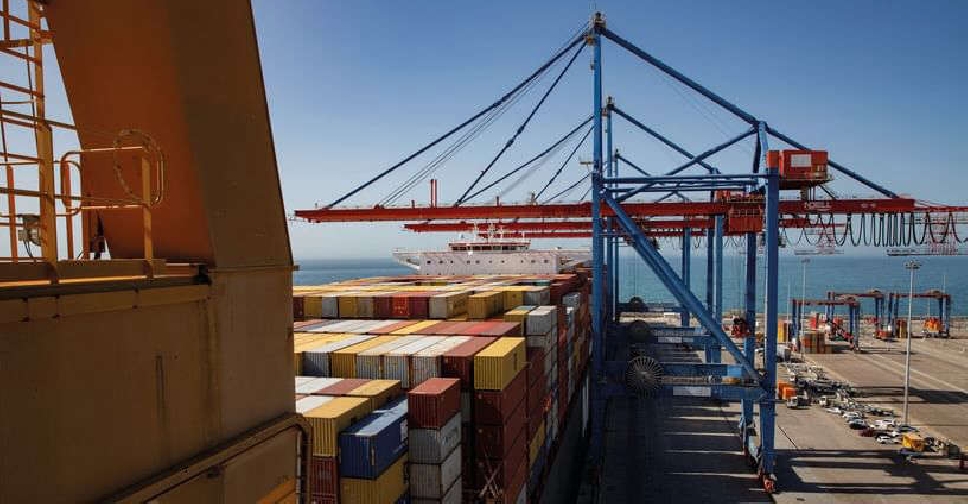 AD Ports Group reports net profit of AED 1.78 bln
AD Ports Group reports net profit of AED 1.78 bln


